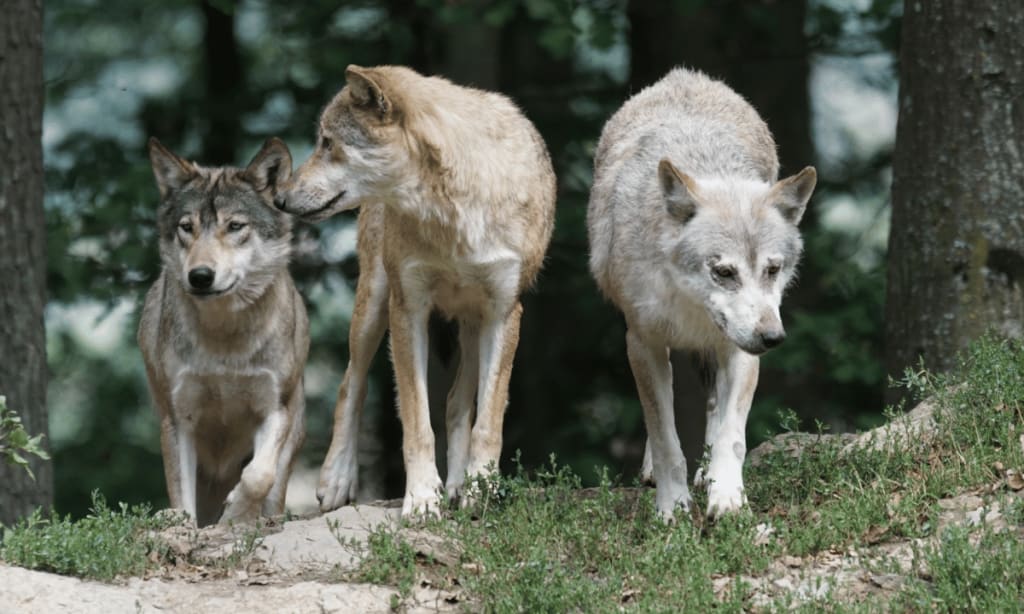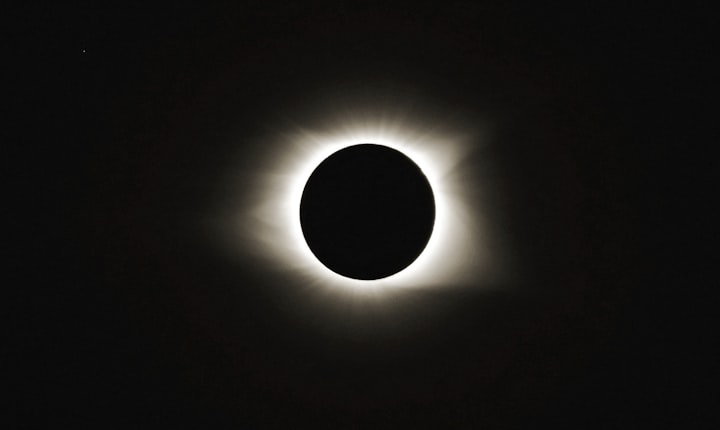The Fascinating World of Wolves in Jackson Hole: An Insider's Guide
Explore the majestic beauty of wolves in Jackson Hole — The wolves here have been studied closely by wildlife experts, giving us unprecedented insight into their behavior and habits.

The western United States is known for its iconic wildlife, from grizzly bears to bison. One species that has captured the attention of many visitors to the region is the wolf. Jackson Hole, Wyoming, in particular, is home to a thriving population of wolves that has sparked interest and controversy over the years. We’ll explore the beauty and complexity of wolves in Jackson Hole, including their behavior, habitat, conservation efforts, and how to observe them safely and respectfully while in their natural habitat.
History of Wolves in Jackson Hole
Wolves were once a common sight in Jackson Hole, with an estimated population of over 100 in the 1920s. However, as with many other areas of the United States, wolves were hunted to near-extinction in the region. By the 1970s, only a few individuals remained in the area.
In 1995, the United States Fish and Wildlife Service (USFWS) reintroduced wolves to Yellowstone National Park, which borders Jackson Hole. This marked the beginning of a slow but steady resurgence of wolf populations in the area. Today, there are an estimated 100 wolves in the Greater Yellowstone Ecosystem, including in Jackson Hole.
Behavior and Habits of Wolves
Wolves are social animals that live in family groups called packs. A typical pack consists of an alpha pair, their offspring, and possibly other adults that are unrelated. Wolves communicate with each other using a variety of vocalizations, including howls, barks, and growls. They also use body language, such as posturing and tail movements, to convey information.
Wolves are skilled hunters and primarily eat large mammals such as elk, deer, and bison. They hunt in packs and use coordinated tactics to bring down their prey. While wolves are often viewed as fierce predators, they play an important role in the ecosystem by helping to control populations of herbivores and scavenging animals.
Conservation Efforts and Challenges Facing Wolves in Jackson Hole
While the reintroduction of wolves to Yellowstone has been successful in many ways, it has also faced significant challenges. One of the biggest issues facing wolves in the area is human-wildlife conflict. Wolves sometimes prey on livestock, which can lead to conflicts with ranchers and other landowners. In addition, some hunters and other groups oppose the presence of wolves, arguing that they pose a threat to game populations and human safety.
Despite these challenges, conservation efforts are ongoing to protect and manage wolf populations in Jackson Hole and other areas of the region. These efforts include monitoring populations, tracking individual wolves, and conducting research to better understand their behavior and ecology.
Observing Wolves in Jackson Hole
For many visitors to Jackson Hole, observing wolves in the wild is a highlight of their trip. However, it's important to do so safely and responsibly. The best way to observe wolves is with an experienced guide or tour company that specializes in wildlife viewing. These companies know the best areas to spot wolves and can provide valuable information on their behavior and habitat.
It's important to remember that wolves are wild animals and should be treated with caution and respect. Keep a safe distance and avoid disturbing their natural behavior. Never approach a wolf or attempt to feed or interact with them in any way.
Conclusion
Wolves are a fascinating and important part of the ecosystem in Jackson Hole and the greater Yellowstone region. As their populations continue to grow and face challenges, it's important to remember their role in the ecosystem and the importance of protecting their habitat. With responsible observation and conservation efforts, we can continue to enjoy the beauty and complexity of wolves in Jackson Hole for generations to come.






Comments
There are no comments for this story
Be the first to respond and start the conversation.